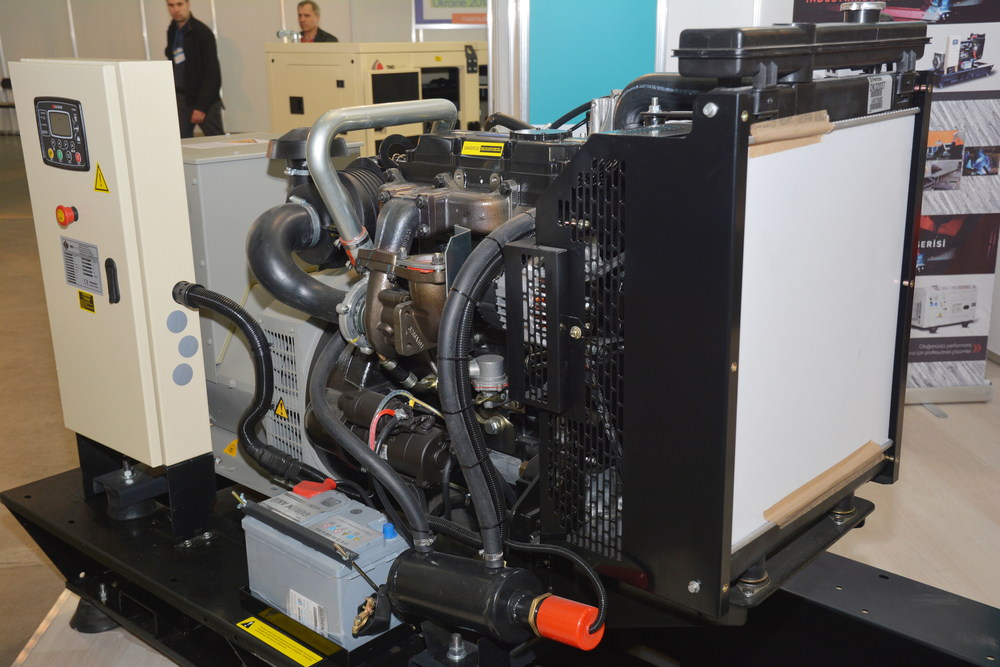For businesses considering adding a generator, the math is simple. Look at how much money you lose per day during a power outage, then think about how many power outages might happen in the next few decades. Commercial back up generators are mostly a one-time investment that keeps your business open for thousands of hours that would otherwise be lost.

Of course, it’s not just about lost sales. Let’s think about how a back up generator can benefit a small business.
What if you could be a hero to the community by staying open in the aftermath of a natural disaster? What if your shop was the only one open during a local outage? Customers will appreciate that you’ve prepared for this with a generator.
In Northern California, we also have to contend with small power outages that last a few hours at a time. For businesses, that can be tricky—do you send employees home or pay them to sit around?
There are many other considerations ranging from lost data, downed security systems, and the confusion that ensues if you have clients located throughout the country.
Talk to a commercial electrician about installing a back up generator for small business. Whether it’s something to keep the lights and cash register running or a large generator that can power a computer network, there’s a cost-effective solution that will improve your bottom line in the long run.
Choosing a Commercial Back Up Generator
Fuel Type: Natural gas, liquid propane, or diesel. Gas can be piped in so you don’t have to mess with refueling, and it’s clean and quiet. Liquid propane tanks are easy to replace and offer a happy medium of cost and efficiency. Diesel is less popular for commercial generators because of noise, emissions, and possibility of shortages during a large outage.
Generator Sizing: Businesses should look at standby generators that supply 24 kW of power or more. At the low end, this keeps basic appliances running (for a small office with similar needs as a home back up generator). Restaurants and larger offices should add up power demand and select an appropriate size.
Location: You’ll need a flat space outdoors, not far from the electrical service panel. Hedges and partition walls can mitigate noise and aesthetic concerns.
Permitting: Ask your local Santa Rosa electricianabout obtaining a permit to install a standby generator and the state and local requirements for emissions, fuel storage, and related issues.
What to Expect for Back Up Generator Maintenance
Once you have a back up generator, most of the maintenance can be done on a semi-annual basis, such as changing the filters and oil. To prepare for a power outage, you should check the oil, fuel, coolant, and battery more often.
New generators come with auto-test features for peace of mind and simple maintenance.
Commercial Generator Installation in Santa Rosa
Most importantly, your standby generator should be installed by a professional electrician. This ensures that power will safely and automatically transfer over to the generator after an outage. Your appliances will be safe, and you won’t have to worry about damaging the grid lines.
Schedule a free estimate for back up generator installation in the Santa Rosa area to learn more about the options.

